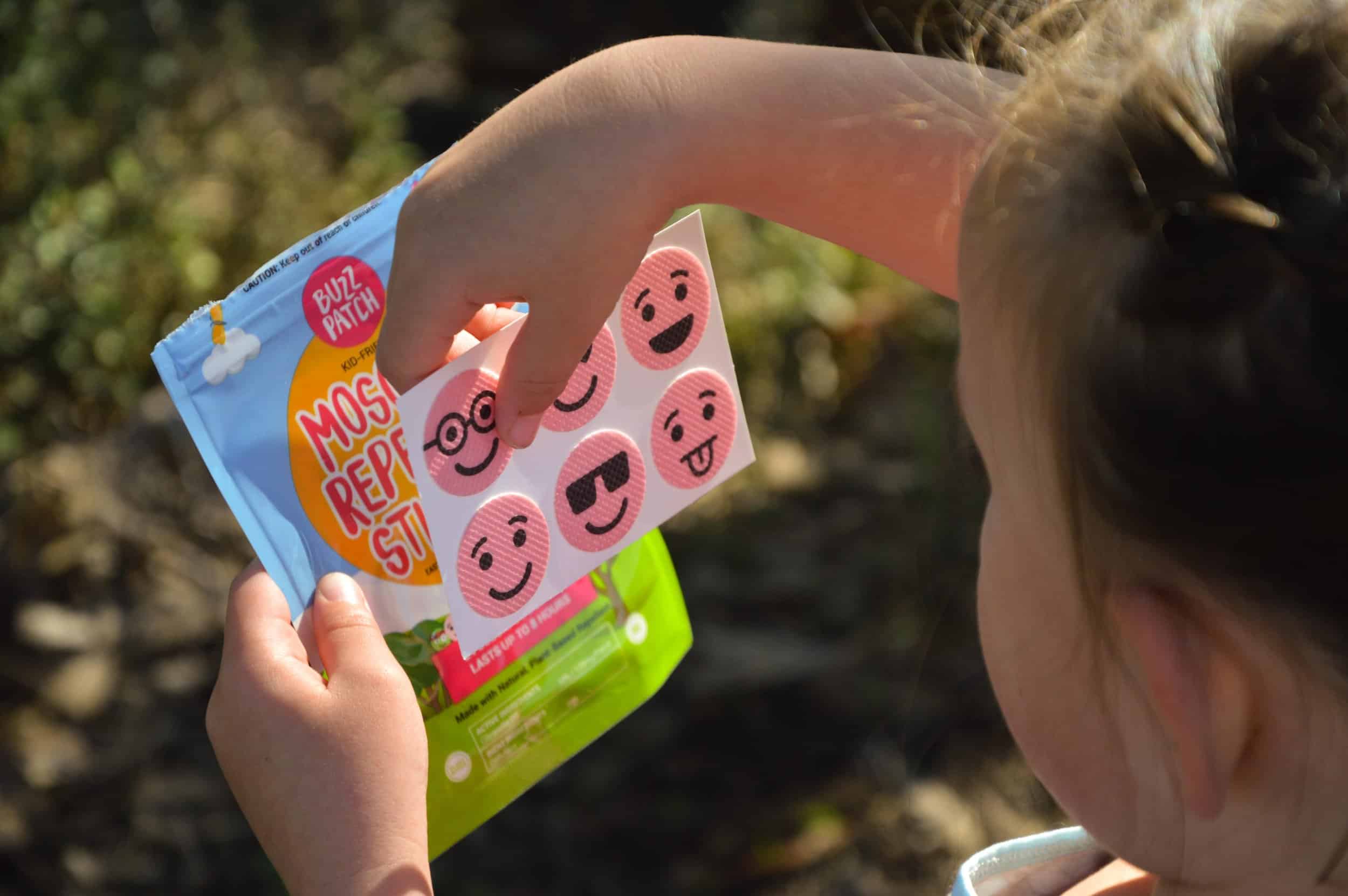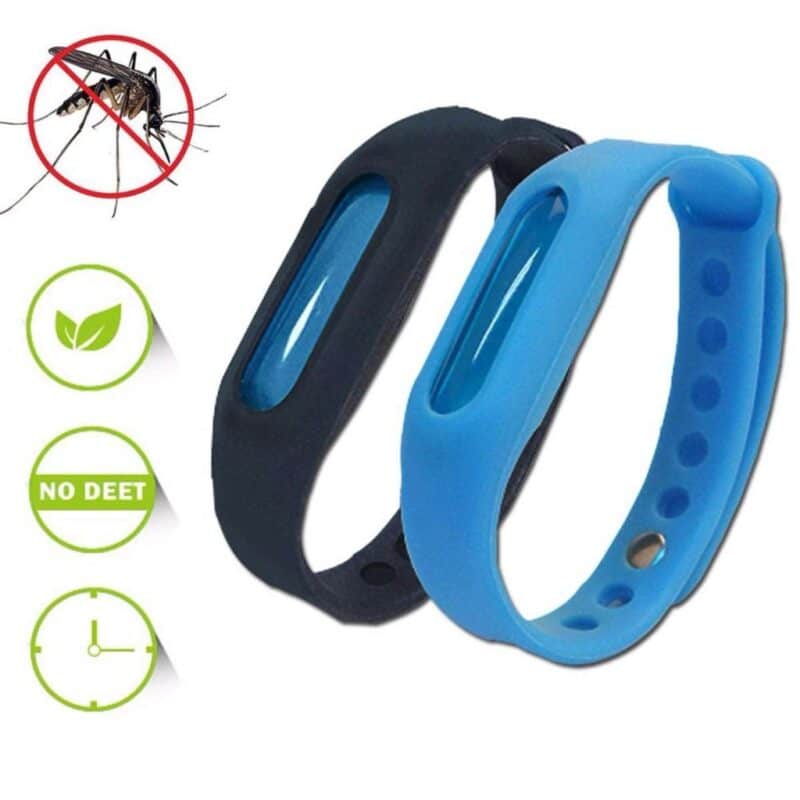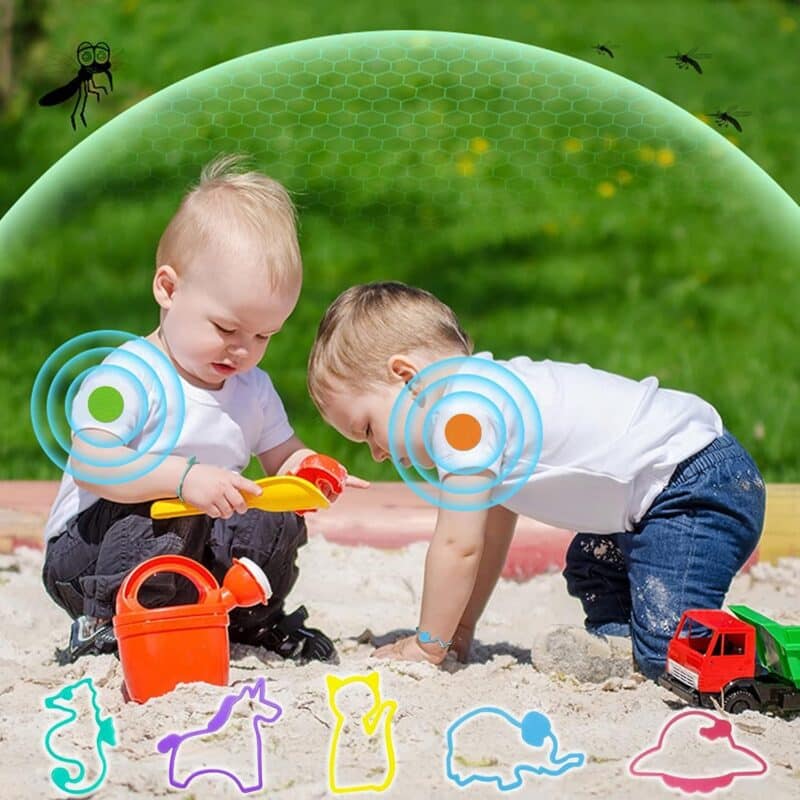Repellent stickers, as well as wristbands, have always been considered by many consumers because of their convenience. These products also promise a lasting level of protection against mosquito bites. But studies show that they are not that reliable at all.
The Importance of Repelling Mosquitoes

Heat and humidity make you more attractive to female mosquitoes. Bites are more frequent during this type of weather. Protecting your family may become difficult because of the sticky and smelly mosquito repellents available on the market. Other individuals are hesitant to use repellents because of the allergies that they may trigger. That is why most people use repellent stickers or wristbands.
These portable repellents are accessible. You can buy them from camping stores, supermarkets, and pharmacies. They promise to provide natural mosquito bite protection. However, repellent stickers and wristbands do not really do the job. You need to repel mosquitoes to prevent mosquito-borne diseases from taking over your home and community.
Reasons for Choosing Repellent Stickers and Wristbands
Many people do not have any issues when it comes to applying topical repellents on the skin. Others do. They do not like the smell or feel of insect repellents on the skin. Some people even find the chemicals dangerous for one’s health. That is why they use repellent stickers and wristbands. But research reveals that topical repellents are effective if used the right way.

How Other Repellent Products Work
Chemicals in topical repellents can either mask the smells of the skin or block the mosquito’s sensory organ for biting. If the repellent hides your scent, the mosquito will not be able to find you and bite you. Blocking the sensory organs of mosquitoes can prevent them from finding their blood meal source. DEET or diethyltolumide is a well-used ingredient in topical mosquito repellents. Oil of lemon eucalyptus or picaridin can also be the ingredients of choice. These components are all effective and safe to use.

Repellent Stickers and Wristbands
These repellent products are wearable items. They have materials that manufacturers promise to be effective in keeping mosquitoes away. These are a good alternative to spraying mosquito repellent on the skin. They come as peel-off stickers and bracelets or wristbands. Manufacturers promise these products to stay effective for a few days to two weeks.

Many repellent stickers and wristbands do not contain DEET at all. These products contain citronella or oil of lemon eucalyptus instead. The simple reason behind this is that it is not safe to wear DEET in high concentrations on the skin for long periods. Other products may also have features like ultrasonic frequencies to ward off mosquitoes.
What Studies Reveal
Even if repellent stickers and wristbands are convenient, they are not very effective. It is a fantastic promise to wear something that can shield your entire face and body from mosquito bites. Unfortunately, there is no scientific evidence that these non-DEET repellent stickers and wristbands deliver. Research reveals that the oil of lemon eucalyptus is the most effective substitute for DEET. Yet, even if you find a wearable repellent that has this oil, you should just use it for a short period. Repellent stickers and wristbands are not ideal for long camping or road trips. They are not for trekking in deep woody areas or traveling to areas with strong cases of mosquito-borne diseases. You should still use DEET-based mosquito repellents.

Repellent stickers and wristbands only give you false hope and a sense of safety. Wearing them will only cover a tiny area of the body. You can still be attractive to female mosquitoes even if you replace them constantly or wear a few of them.

Using repellent stickers and wristbands may seem convenient. It may also seem to be the answer to spraying sticky repellents on your skin. But these products are not effective. You should still do your best to prevent mosquito bites. Covering up, securing your screens, and using mosquito nets can help keep away mosquitoes, wherever you are.